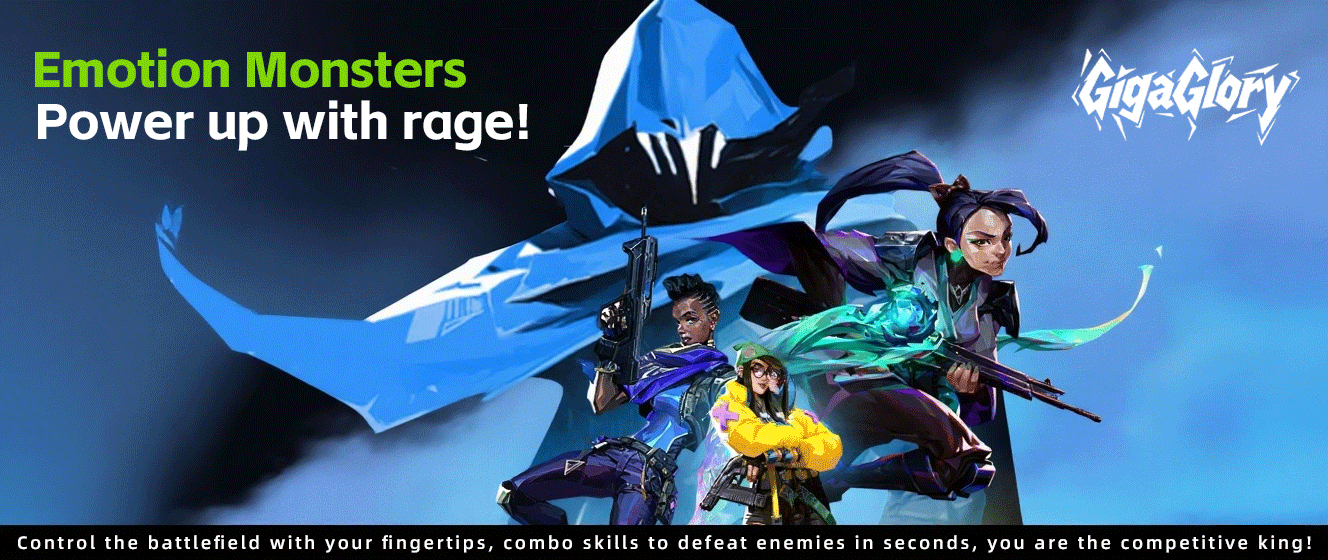How RPG Games Can Transform Learning: The Rise of Educational Games
Introduction
In recent years, the landscape of education has slowly shifted, with the integration of technology taking center stage. One particular avenue that has gained traction is the rise of RPG (Role-Playing Game) educational games. These games blend the excitement of storytelling with pedagogical elements, providing a unique opportunity for learners to engage deeply with content. But how exactly can RPG games transform the learning experience? Let’s dive into this fascinating intersection of gaming and education.
Understanding RPG Games
At their core, RPG games revolve around storytelling and character development, where players assume roles in fictional settings. From classic fantasy tales to science fiction worlds, these games allow players to immerse themselves in rich narratives and complex characters. Educational RPGs take this a step further, embedding learning objectives within the gameplay. This transformation not only makes learning fun but also helps in retaining knowledge more effectively.
The Rise of Educational Games
Gone are the days when video games were seen solely as a distraction. Today, they are increasingly recognized as powerful educational tools. The rise of educational games, especially RPGs, highlights a growing trend where fun meets function. Students are not just passive consumers of information; they become active participants in their learning journey.
How RPG Games Enhance Critical Thinking Skills
One of the key benefits of RPG games is their ability to enhance critical thinking skills. Players must navigate complex scenarios, solve problems, and make strategic decisions. For instance, in games that require players to choose different paths or responses, students learn to evaluate outcomes, reflecting real-world decision-making processes.
Engagement through Storytelling
Storytelling is the heart of RPG games. By engaging students with compelling narratives, these games hold their attention far better than traditional rote learning methods. A well-crafted story can draw students in, encouraging them to explore new concepts and ideas while consistently motivating them to continue learning.
Real-Time Feedback and Adaptability
Another remarkable feature of RPGs is the immediate feedback they provide. Players often receive instant results from their decisions, allowing them to adjust their strategies on the fly. This real-time adaptability is essential in education, where learners can refine their understanding and skills through trial and error. It is through this engagement that students learn effectively.
Making Learning Relevant
RPGs often create scenarios that mirror real-life situations. When students are placed in environments where they can apply their knowledge practically, the learning becomes relevant. For example, historical RPGs might immerse players in a specific time period, prompting them to learn about history through exploration and interaction rather than through textbooks alone.
Building Collaboration and Social Skills
Many RPGs are structured to be played in groups, promoting teamwork and collaboration. As students work together to achieve common objectives, they develop social skills that are vital in any educational setting. Such collaborative efforts empower learners to communicate effectively and appreciate diverse perspectives.
The Best Story Games to Explore
When discussing the best story games available on platforms like Game Pass, several titles stand out for their ability to engage players through rich narratives. Here’s a quick list:
- The Witcher 3: Wild Hunt
- Final Fantasy IX
- Fire Emblem: Three Houses
- Mass Effect Legendary Edition
- Life is Strange Series
Incorporating RPG Elements into Traditional Curriculums
Educators looking to incorporate RPG elements into their teaching can start small. Adapting existing lesson plans to include role-playing scenarios gives students an experiential learning opportunity. For instance, a history lesson might involve students taking on the roles of historical figures, discussing events from different perspectives.
Successful Case Studies of RPG in Education
Many educational institutions have reported positive outcomes from using RPG games as part of their curriculum. For example, a middle school in Lithuania integrated RPGs into its language arts program. They observed improved engagement levels and better comprehension among students. Here's a brief overview of their findings:
| Aspect | Before RPG Integration | After RPG Integration |
|---|---|---|
| Student Engagement | 50% | 85% |
| Test Scores | 70% | 90% |
| Retention of Knowledge | 60% | 80% |
The Accessibility of RPG Free Games
One of the exciting aspects of RPGs is their accessibility. There are numerous RPG free games that educators and students can utilize without financial barriers. Games like “Dungeons and Dragons” can be played with minimal costs, promoting creativity and collaboration among students.
Challenges of Implementing RPG Games in Education
Despite the numerous benefits, there are challenges. Not all educators are familiar with RPGs, and there may be a resistance to integrating new technologies into teaching. Training sessions and workshops can bridge this gap, aiding teachers in understanding the advantages of these games.
The Future of Educational RPG Games
As technology continues to evolve, the possibilities for RPG educational games are boundless. With advancements in virtual reality (VR) and augmented reality (AR), the potential for immersive learning experiences is on the horizon. Imagine students embarking on a VR quest where they solve mathematical challenges to progress through a story!
Conclusion
The integration of RPG games into the educational framework is not just a trend; it's a transformative shift. By engaging with compelling stories, real-time feedback, and collaborative gameplay, RPGs can make learning enjoyable and impactful. As we look ahead, embracing these innovative approaches will ensure that education remains relevant, engaging, and effective for future generations.



